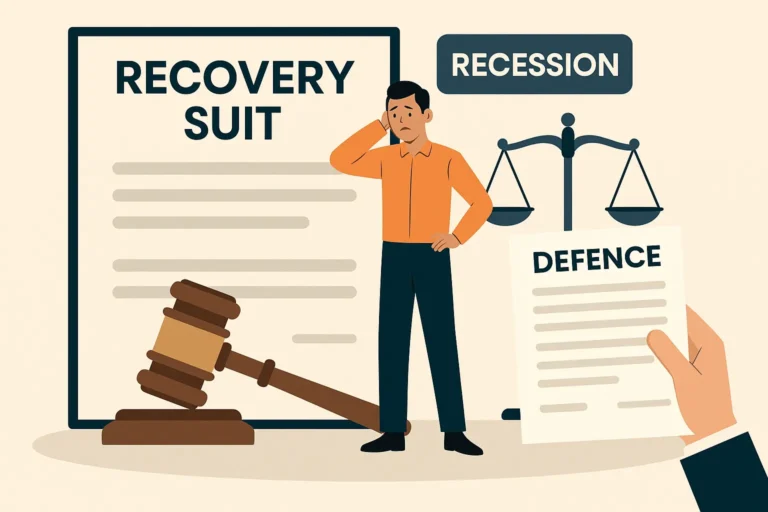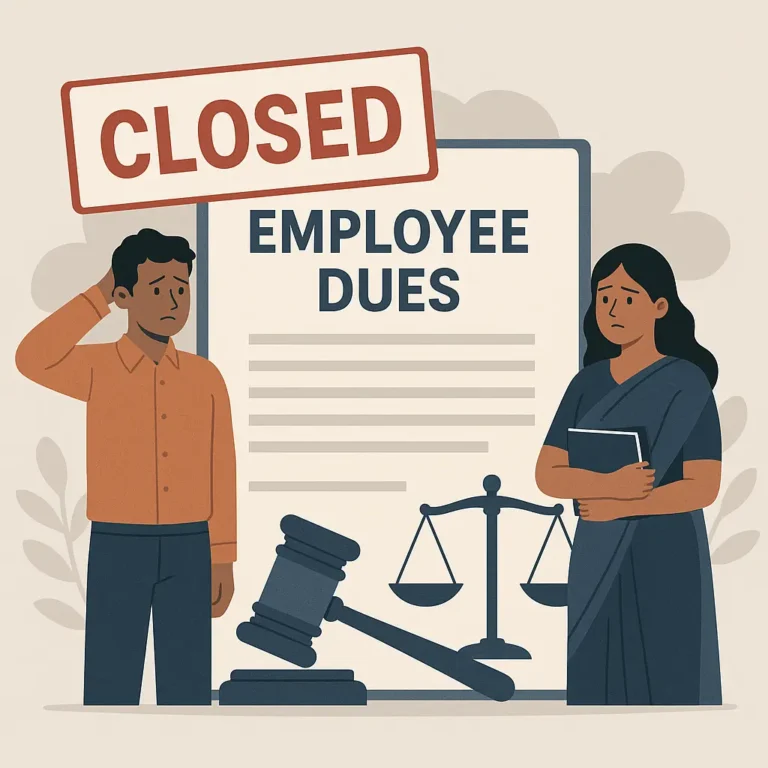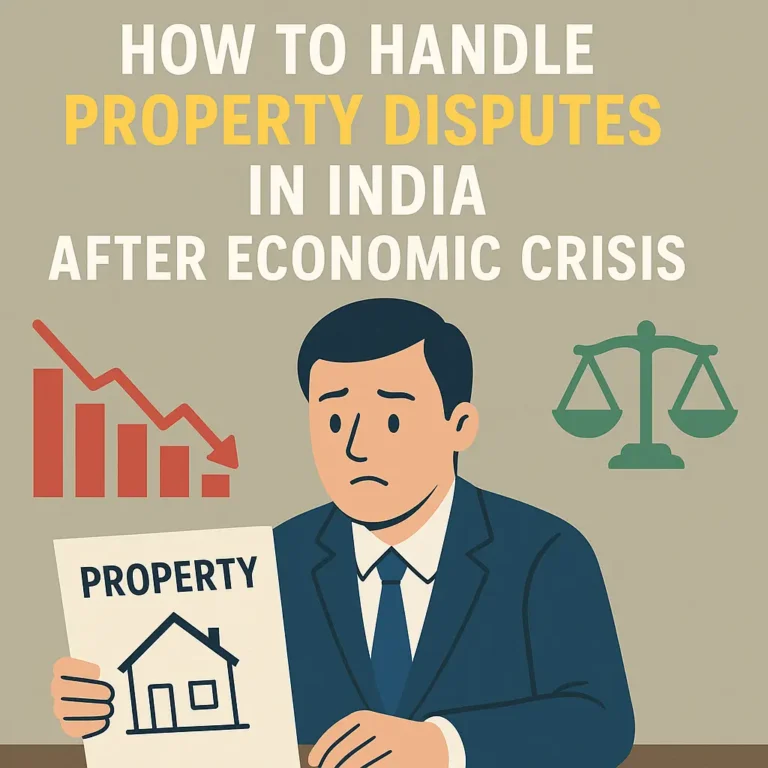In this article we have explained about Ultimate Legal Checklist for Divorce Cases for everyone.
Ultimate Legal Checklist for Divorce Cases
1. Consult with a Divorce Attorney:
Before proceeding, seek legal counsel to understand your rights, options, and the legal process. A seasoned attorney can guide you through the complexities and ensure your interests are protected.
2. Gather Essential Documents:
- Financial Records: Collect documents related to assets, income, debts, tax returns, bank statements, investment accounts, property deeds, and retirement accounts.
- Legal Documents: Marriage certificate, prenuptial/postnuptial agreements, if any, and any relevant court orders or legal paperwork.
- Children’s Records: Gather documents related to child custody, such as school records, medical records, and any evidence supporting your role as a parent.
3. Understand State Laws:
- Research and understand divorce laws specific to your state regarding property division, alimony, child custody, and support. Laws vary significantly, and being informed will help you make more informed decisions. You can read :- How to get Divorce in India
4. Assess Custody Arrangements:
- Determine custody preferences and consider the well-being of your children. Understand the types of custody: physical, legal, sole, joint, etc., and discuss your preferred arrangement with your attorney.
5. Financial Planning:
- Budget Analysis: Assess your current financial situation and create a post-divorce budget considering income, expenses, and potential changes in lifestyle.
- Debt Management: Discuss how to handle shared debts and obligations after divorce. Create a plan to manage and allocate debts fairly.
6. Consider Mediation or Collaborative Divorce:
- Explore alternative dispute resolution methods like mediation or collaborative divorce. These approaches can often lead to more amicable solutions, reducing conflict and legal expenses.
7. Protect Your Credit:
- Close joint accounts if possible to avoid financial liabilities for your ex-spouse’s actions post-divorce. Monitor credit reports and ensure your credit is not adversely affected.
8. Develop a Co-Parenting Plan:
- Work on a detailed parenting plan addressing visitation schedules, holidays, education, healthcare, and other important aspects of co-parenting.
9. Review and Finalize Agreements:
- Thoroughly review any proposed settlement agreements with your attorney before signing. Ensure all terms are fair, and your rights are protected.
10. Prepare Emotionally:
- Divorce can be emotionally challenging. Seek support from friends, family, or a therapist to help you navigate this transition.
Conclusion:
Going through a divorce is a complex and emotionally taxing process. By following this legal checklist, you can prepare yourself for the legal aspects involved, protect your rights, and make informed decisions that will set the stage for a smoother transition.
Remember, each divorce case is unique, and it’s crucial to tailor your approach according to your specific circumstances. Seeking professional legal advice is vital to ensure the best outcome for all parties involved.
FREQUENTLY ASKED QUESTIONS (FAQ)
- What is the legal process for filing for divorce?
- The legal process involves filing a petition, serving the spouse, and attending court hearings.
- How long does a divorce typically take to finalize?
- It varies by case, but uncontested divorces might take a few months, while contested ones can take longer.
- Do I need a lawyer for a divorce?
- It’s advisable to have legal representation to navigate complex legal procedures.
- What are the grounds for divorce?
- Grounds vary by jurisdiction but can include irreconcilable differences, adultery, cruelty, or abandonment.
- How are assets and debts divided during divorce?
- Equitable distribution laws dictate fair division, often considering contributions and needs of each spouse.
- What happens to shared property in a divorce?
- Shared property might be divided equitably or through negotiation or mediation.
- Do I have to pay or receive spousal support?
- Spousal support depends on various factors, including income disparity and the length of the marriage.
- What’s the impact of divorce on children?
- Divorce can be emotionally challenging for children; custody arrangements aim to minimize disruptions.
- How is child custody determined?
- Courts consider the child’s best interests, parental capabilities, and the child’s preferences if they’re mature enough.
- Can I modify custody or support orders after the divorce is finalized?
- Modification is possible if there’s a substantial change in circumstances, but court approval is necessary.
- Do I have to attend mediation or counseling sessions?
- Some jurisdictions require mediation to resolve disputes before going to court.
- What happens if my spouse doesn’t comply with court orders?
- Non-compliance can result in legal consequences, including fines or even jail time.
- How do I protect my financial assets during divorce?
- Keeping thorough records, understanding joint accounts, and consulting a financial advisor can help protect assets.
- Can I get a divorce if my spouse refuses to sign the papers?
- Yes, it’s possible through a contested divorce process.
- Do I have to disclose all my financial information?
- Full financial disclosure is usually required during divorce proceedings.
- Can I get a divorce without going to court?
- Uncontested divorces might not require a court appearance if both parties agree on terms.
- Will I lose custody if I move out of the marital home?
- It can impact custody arrangements, but it depends on various factors.
- Can I prevent my spouse from getting any part of my business during divorce?
- Protecting a business interest might involve legal strategies like prenuptial agreements or proper valuation.
- What happens to retirement savings and pensions in a divorce?
- Retirement accounts are considered marital property subject to division, usually through qualified domestic relations orders (QDROs).
- Do I have to pay taxes on the assets received during the divorce?
- Transfers pursuant to divorce might have tax implications, so consulting a tax advisor is recommended.
- Can I date during the divorce process?
- Dating during divorce can complicate proceedings, especially regarding child custody or spousal support.
- What should I do if I suspect my spouse is hiding assets?
- Seek legal advice and gather evidence to support your suspicions.
- Can I change my name after divorce?
- Many jurisdictions allow a name change as part of the divorce decree.
- What happens to debts acquired during the marriage?
- Debts acquired during marriage might be considered joint responsibility, but it depends on the circumstances.
- Can I use evidence of infidelity in court?
- Depending on the jurisdiction, evidence of infidelity might be admissible in court.
- What are the residency requirements for filing for divorce?
- Requirements vary by state or country, often requiring one spouse to have lived there for a specified period.
- Do I need a separation agreement before filing for divorce?
- It’s not mandatory but can help clarify terms before divorce proceedings.
- Can I stop the divorce proceedings once they’ve started?
- Yes, if both parties agree, divorce proceedings can be halted or withdrawn.
- What if my spouse and I can’t agree on terms for the divorce?
- In such cases, a judge may make decisions based on presented evidence and arguments.
- What are the costs involved in a divorce?
- Costs vary widely based on factors like legal representation, court fees, and complexity of the case.
















